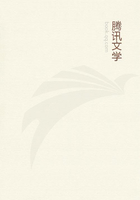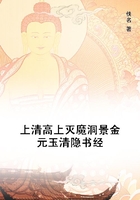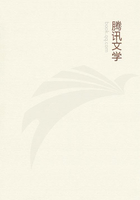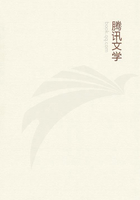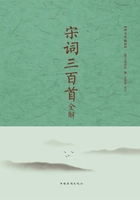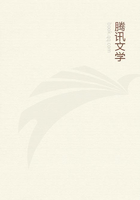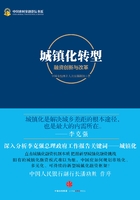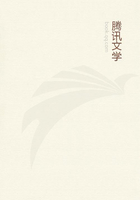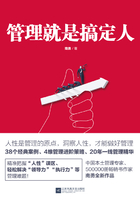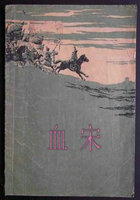The age of reason has been artificially retarded for them five or six years."[60] On the tone and turn of conversation among boys in school on this subject in the upper classes and even earlier, I can do no more than appeal to the souvenirs of the reader. - Likewise, on another danger of the internat, not less serious, which cannot be mentioned. (Here Taine undoubtedly refers to homosexuality. (SR.))[61] Bréal, "Excursions pédagogiques," pp. 326, 327. (Testimony of two university graduates.) "The great college virtue is comradeship, which comprises a bond of union among the pupils and hatred of the master."(Bessot:) "Punishment irritates those who undergo it and engenders punishment. The pupils become wearied: they fall into a state of mute irritability coupled with contempt for the system itself and for those who apply it. Unruliness furnishes them with the means of avenging themselves or at least to relax their nerves; they commit disorders whenever they can commit them with impunity. . . . The interdiction of an act by authority is sufficient to excite the glory of committing it." (A. Adam, "Notes sur l'administration du'un lycée.") - Two independent and original minds have recounted their impressions on this subject, one, Maxime Du Camp, who passed through the lycée system, and the other, George Sand, who would not tolerate if for her son. (Maxime Du Camp, "Souvenirs littéraires," and George Sand, "Histoire de ma vie.")[62] All this was in 1890, a long time ago, and if there was much to learn then, how much do we not have to learn now? It helped, however, to reduce the curriculum, that Latin and Greek was removed from middle and senior high school programs and that international Socialism through the Politically Correct movement, either forbade or rewrote history, art and literature. In science, however, the young engineers and scientists have a lot more to learn today and that in all branches of science and especially in electronics. (SR.)[63] The so-called "Grandes Ecoles" which exist today and which continue to form the French administrative, commercial and scientific elite. They cannot be done away with since the French universities have become accessible for an ever increasing number of students since nearly 50% of the population pass their "bac" or final high school exam. The level of this exam has decreased year after year and only the preparatory schools for the Grande Ecoles continue to insist on verifying diligence and attention. (SR.)[64] Taine expresses this in the following manner: "elle a imaginéquantité de cours surérogatoires et de luxe, .." (SR.)[65] This year (1892) 1750 candidates were entered or 240 vacancies in the école Polytechnique, 230 for 30 places in the école des Beaux-Arts (section of Architecture) and 266 for 24 places in the école Normale (section of Literature).
[66] 1890.
[67] In France today, in 2000, there are still preparatory schools which, in two or three years after their baccalaureat, prepare the young applicants for the various competetive entrance examinations to the "Grande Ecoles". 4000 specially selected students vie annually with each other for the 400 places in the école Polytechnique. (SR.)[68] I was once, writes Taine, an examiner for admission to a large special school and speak from experience.. Taine was well placed to know about the system since he was first in the competetive entrance exam (concours) to the école Normale Superior, and had also passed all his other studies with great brilliance. (SR.)[69] A practical apprenticeship in the Faculty of Medicine is less retarded; the future doctors, after the third year of their studies, enter a hospital for two years, ten months of each year or 284 days of service, including an "obstetrical stage" of one months. Later, on competing for the title of physician or surgeon in the hospitals and for the aggrégation of the Faculty, the theoretical preparation is as onerous as that of other careers.
[70] "Souvenirs" by Chancellor Pasquier. (Written in 1843). (étienne Dennis Pasquier (Paris 1767-- ? id. 1862) was a high official under Napoleon, and President of the upper house under Louis-Phillippe and author of "L'Histoire de mon temps", published posthumously in 1893.
Librarie Plon, Paris 1893. On page 16 and 17 in volume I he fully confirms Taine's views. (SR.)[71] Idem., Nobody attended the Lectures of the Law faculty of Paris, except sworn writers who took down the professor's dictation and sold copies of it. "These were nearly all supported by arguments communicated beforehand. . . At Bourges, everything was got through within five or six months at most."[72] Souvenirs" by Chancellor Pasquier, vol. I. p. 17. Nowadays, "the young man who enters the world at twenty-two, twenty-three or twenty-four years of age, thinks that he has nothing more to learn; he commonly starts with absolute confidence in himself and profound disdain for whoever does not share in the ideas and opinions that he has adopted. Full of confidence in his own force, taking himself at his own value, he is governed by one single thought, that of displaying this force and this estimate himself immediately so as to demonstrate what he is worth." This must have been written around 1830. (SR.)[73] This last quality is given by Sainte-Beuve.
[74] Dunoyer, "De la liberté du travail" (1845), II.,119. The extraordinary progress of England in the mechanical arts, according to English engineers, "depends much less on the theoretical knowledge of scholars than on the practical skill of the workmen who always succeed better in overcoming difficulties than cultivated minds." For example, Watt, Stephenson, Arkwright, Crampton and, in France, Jacquart.

